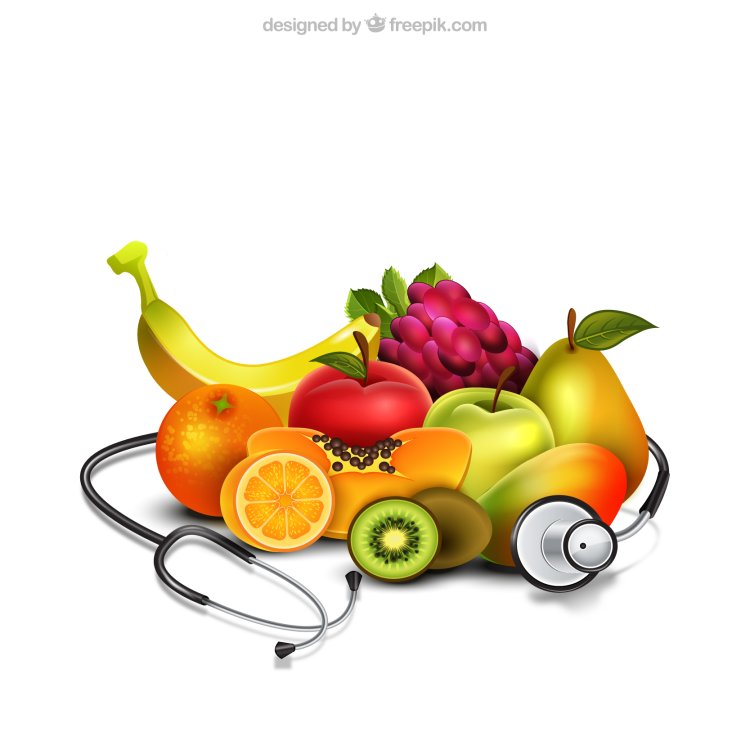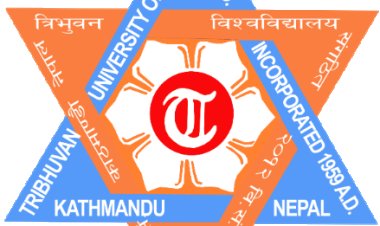Nutrition

Nutrition:
Nutrition refers to the process of obtaining and utilizing nutrients from food for the growth, maintenance, and functioning of the body.
Nutrients:
Nutrients are the specific chemical compounds found in foods that the body requires for various functions.
Macronutrients are the nutrients that provide energy to the body: carbohydrates, proteins, and fats. They are needed in large amounts and play a crucial role in maintaining optimal health.
Micronutrients are the vitamins and minerals that are needed in small amounts but are essential for good health. They play a role in many bodily functions, including growth and development, immune function, and energy production.
Types of nutrients
Carbohydrate:
Carbohydrates are organic compounds that serve as a primary source of energy for the body, found in foods like grains, fruits, and vegetables.
Sources: Rice, Wheat, Maize, Potatoes etc.
Function:
- Carbohydrates provide the energy our bodies need for daily activities and functions.
- They are essential for the brain's proper functioning, helping us think and remember things.
- Carbohydrates stored in our muscles give us quick energy during physical activities and sports.
Protein
Protein is a vital nutrient that acts as the body's building blocks, helping with growth, repair, and various functions in our cells and tissues.
Sources: Eggs, Fish, Chickpeas, Almonds etc.
Function:
- Proteins are like the building blocks of our body, helping to form muscles, bones, skin, and other tissues, ensuring our body's proper growth and repair.
- They help digest food, produce energy, and perform various other functions to keep our body working smoothly.
- Proteins are part of our immune system, producing antibodies that fight off harmful invaders like bacteria and viruses, helping to keep us healthy.
Vitamins
Vitamins are tiny nutrients that protect our body from various illnesses.
Vitamins 'B' and 'C' are water-soluble, which means they dissolve in water. Vitamins 'A', 'D', 'E', and 'K' are fat-soluble, which means they dissolve in fat.
Vitamin 'A' strengthens our night vision and saves us from night blindness. It also protects us from diseases. We can get vitamin 'A' from foods like fish, meat, eggs, dark green vegetables, fruits, nuts, carrots and oranges.
Vitamin 'B' helps in digestion. There are different types of vitamin 'B' like thiamine, riboflavin, niacin, biotin, and folic acid. We can find vitamin 'B' in green vegetables, fruits, bananas, milk, and meat.
Vitamin 'C' helps connect cells in our body. It keeps our bones, teeth, and gums strong. It also protects us from scurvy and helps in wound healing. We can get vitamin 'C' from fruits like amla, guava, orange, grapes, and papaya.
Vitamin 'D' makes our bones strong. We get vitamin 'D' from sunlight, fish oil, milk, egg yolk, and liver.
Vitamin 'E' sources include sesame, almonds, coconuts, sunflower oil, corn, green vegetables, milk, and fruits. It makes our skin healthy and shiny and increases reproductive capacity. It also prevents blood clotting.
Vitamin 'K' sources include meat, fish, eggs, rice, wheat, maize, fresh vegetables, different kinds of green vegetables, milk, and fruits. It protects from various types of bleeding and keeps our liver healthy.
These vitamins help keep our body healthy and protect us from different diseases.
Minerals
Minerals are important nutrients that our body needs in small amounts to stay healthy, supporting various bodily functions and growth.
Sources: Dairy products, Leafy greens, Fish, Iodized salt etc.
Functions:
- Minerals like calcium and phosphorus help build and maintain strong bones and teeth.
- Iron is necessary for making hemoglobin, which carries oxygen in the blood.
- Iodine is a mineral that plays a crucial role in the production of thyroid hormones, which are essential for regulating metabolism, growth, and development.
Fats:
Fats are essential nutrients that provide energy, support cell structure, and help absorb certain vitamins in our body.
Sources: Oil, Ghee, Butter, Walnuts etc.
Function:
- Fats are used as insulation to help regulate body temperature
- Vitamins A, D, E, and K are fat-soluble, meaning they require fats for proper absorption in the digestive system.
- Fats provides extra energy to our body.
Water
Water is a vital and clear liquid that is essential for all living organisms, helping to keep our bodies hydrated and supporting various bodily functions.
Function:
- Water helps flush out waste products and toxins from the body through urine and sweat.
- Water aids in the digestion of food by breaking it down and facilitating the absorption of nutrients in the digestive tract.
- Water helps to regulate body temperature.
Food Adulteration
Food adulteration is when harmful or lower-quality substances are added to food products, degrading their quality, safety, and nutritional value.
Example: Adding water or chemicals to milk, diluting real fruit juice with water or adding artificial flavors and colors etc.
Effects:
- Problems such as headache, dizziness, getting tired quickly, feeling weak, and experiencing stomach ache can be seen.
- Diseases like diarrhea, jaundice, typhoid, and hepatitis can occur.
- Issues like allergies affecting the body may be observed.
- Hearing loss and immunity reduction can happen.
- The possibility of getting cancer exists.
Preventive Measures:
- Food items from your own farm or locally produced goods should be used whenever possible.
- Only buy food items with production date & expiry period from the market.
- Provide information about food adulteration and its effects to households and communities.
- Raise your voice against food adulteration.
Junk Food
Junk food refers to highly processed and low-nutrient foods that are often high in calories, sugars, unhealthy fats, and additives.
Effects:
- Higher risk of obesity, diabetes and heart diseases.
- Becoming undernourished, hindering physical growth and development.
- Risk of indigestion; problem in digestion.
- Disturbances in sleep, emotional instability.







